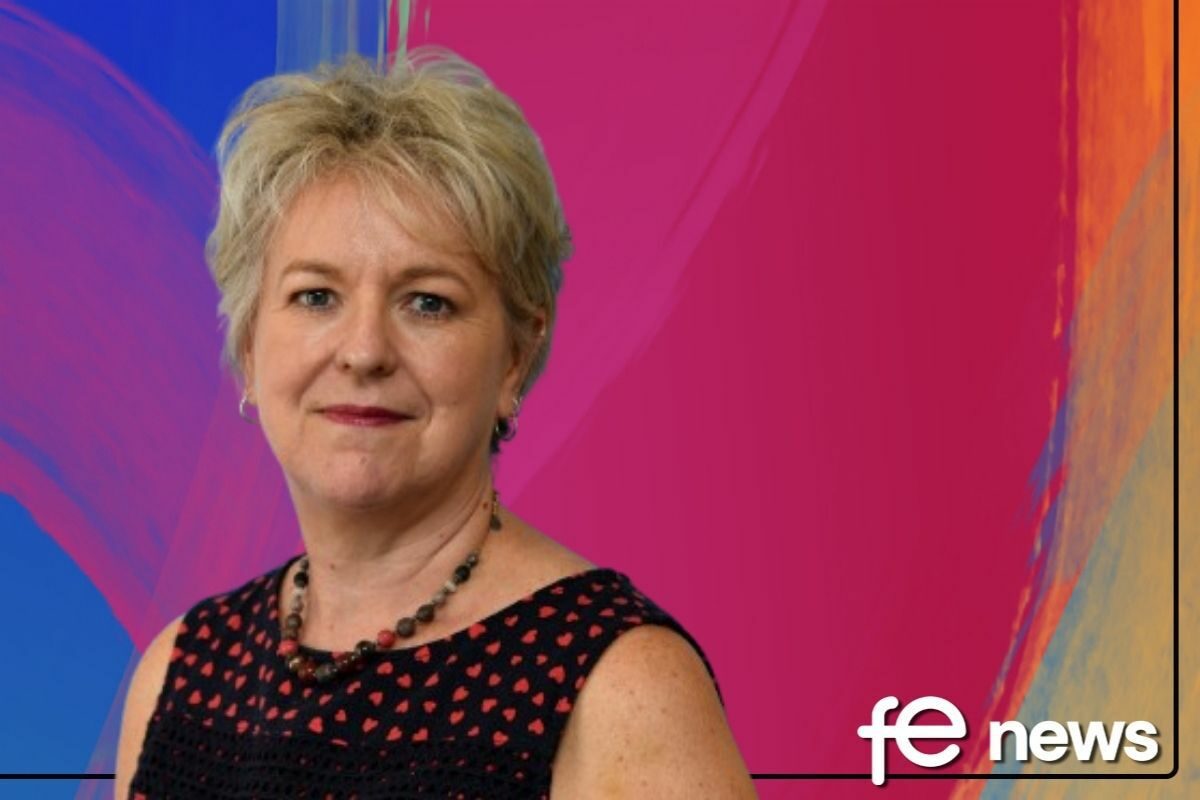Guidance for mentors: how to support ECF-based training
Your responsibilities as a mentor
As a mentor, your role is to support your ECT through their 2-year induction.
Your responsibilities will include:
working with your school to make sure your ECT receives a high-quality induction
meeting regularly with your ECT to provide support and feedback
providing or arranging mentoring and coaching around specific phases and subject areas
taking prompt, appropriate action if your ECT is having difficulties
If your school chooses to work with a training provider, you’ll receive training on how to support ECTs.
ECF-based training is part of an ECT’s induction
An ECT’s induction includes both:
ECF-based training, with support from you – their mentor
regular progress reviews and 2 formal assessments of the ECT’s performance against the teachers’ standards
Your school may offer an ECT extra training and support in addition to their ECF-based training, but not instead of their ECF-based training.
Mentors do not need to collect performance data
ECF-based training is not an assessment tool, so you do not have to collect data on your ECT’s performance.
The mentor role is separate to assessment. Your focus is on supporting the ECT’s professional development during their 2-year induction.
Your school’s headteacher and induction tutor will be responsible for assessing ECTs against the teachers’ standards. Our guidance for ECTs explains what evidence they may be asked for to demonstrate their performance against those standards.
You can read more about how ECTs are assessed in section 2 of the statutory guidance on ECT induction.
ECTs cannot fail their ECF-based training
ECF-based training is a professional development programme. It is designed to help your ECT develop their teaching knowledge, skills and working habits.
ECTs should participate in their ECF-based training as fully as possible, but failing to complete it will not mean they fail their induction.
ECF-based training is separate from the formal assessment of an ECT’s performance against the teachers’ standards.
Observing teaching as part of ECF-based training
If your school uses a training provider, you may be asked to carry out observations as part of ECF-based training.
These observations are for the ECT’s professional development and should not be used for assessment purposes.
Separate observation requirements apply to formal assessment. You can read about how ECTs are assessed in section 2 of the statutory guidance on ECT induction.
If your ECT has concerns or difficulties
Your ECT should speak to their induction tutor if:
they’re struggling to engage with their training
they have any concerns about their induction or statutory entitlements (time off timetable or mentor support)
If the school induction tutor cannot help them, your ECT can speak to their appropriate body. They’re responsible for making sure ECTs receive their statutory entitlements, and are fairly and consistently assessed. Your school should provide them with contact details for the right person to speak to.
Contact your school induction tutor if you have concerns about:
If your ECT pauses or withdraws from their induction
If your school uses a training provider and you are part-way through your 2-year mentorship training, you can continue training so that you’re ready to work with other ECTs.
If you’re asked to register with DfE’s service
If your school uses a training provider or accredited materials to deliver ECF-based training, we need to confirm that mentors are eligible for funded training and materials.
When your school induction tutor tells us you’re assigned to an ECT as a mentor, you’ll get an email from DfE asking you to register on our manage training for early career teachers service.
We’ll ask for your:
teacher reference number (TRN)
date of birth
How to find your TRN
You can usually find your TRN on your payslip, teachers’ pension documents or teacher training records.
It’s a unique ID that:
is usually 7 digits long, for example ‘4567814’
may include the letters ‘RP’ or a slash ‘/’ symbol, for example ‘RP99/12345’
may also be called a QTS, GTC, DfE, DfES or DCSF number
You’ll have a TRN if you hold, or are working towards, qualified teacher status (QTS) in England.
If you’re a mentor without a TRN
You must apply for a TRN before you can use our service. You need a TRN to receive funded training and materials.
What happens next
We’ll check your details in the Teaching Regulation Agency (TRA) records to confirm your eligibility for funding.
You can then start or continue your training programme and receive access to your ECT’s training materials.











Responses